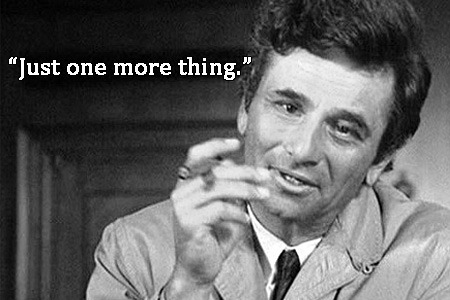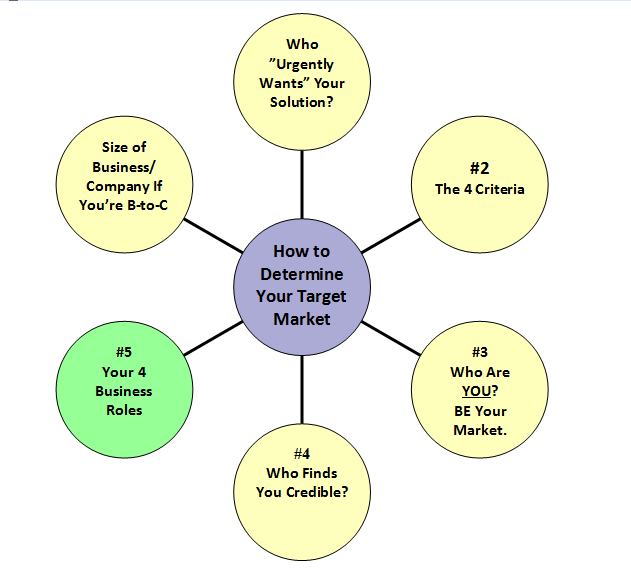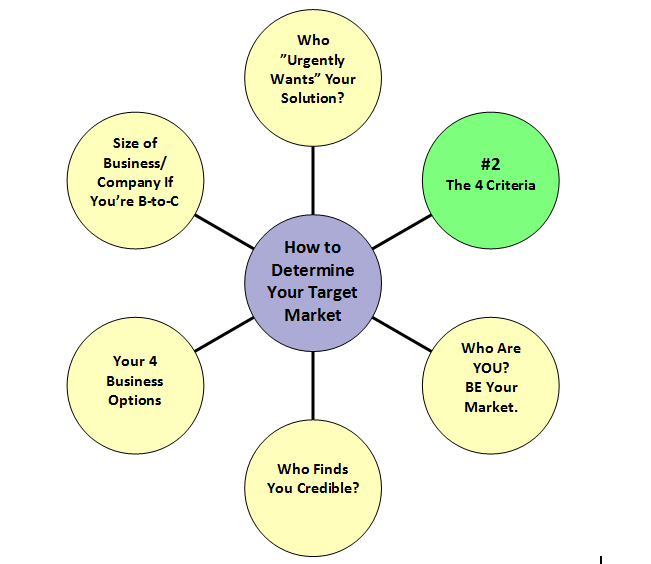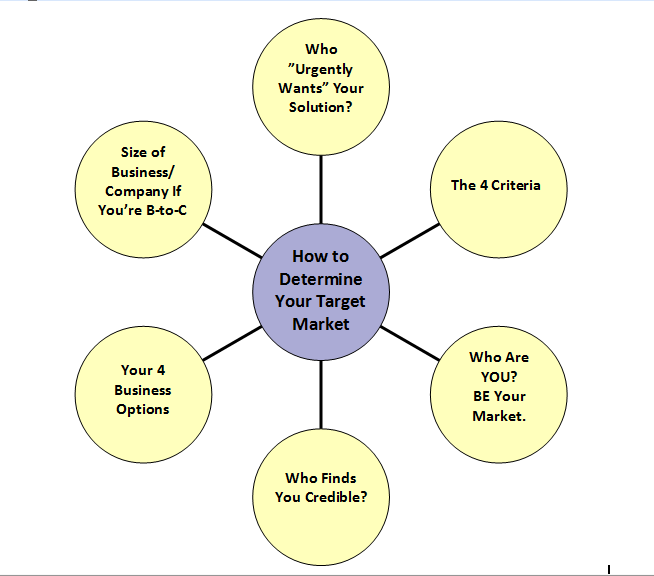So, did you do it? Did you go into the fields last night and have your Scarlett O’Hara moment? Did you feel that full-bodied determination to get out from the middle-of-the-curve, where everyone is okay with average?
Did you feel the hope and belief in something so much bigger for your life and your business than that?
Did you then cut-off all other options? Burn your boats? (Read part 2 here.)
I told you yesterday that if I’d had time, I would have stimulated a reckoning like this with my lackluster audience (read part 1 post here), who revealed that, deep down, good enough might just be good enough for them. Even though they’d been called to so much greater. Even though they were born to lead.
If you’d been in that room while I facilitated such a reckoning—but decided to sit it out, I’d have lost it again: you have the chance to leave average and ordinary and you’re staying in it?
So, for all of our sake’s, I’m going to assume that you went into the arid fields of your business last night and declared, “As God is my witness, I will never ___________ again!!”
And now that you are all dressed up, let’s give you some place NEW to go. Your decision to leave the crowd behind must be rewarded—and sustained—by much, much better solutions.
 Let’s remember what we’re achieving here by leaving the pack: the ability to be seen, to have your message heard over the roar of thousands of competing voices. The capacity to honor the Impulse that brought you to this work in the first place, which isn’t possible when you’re looking and sounding like everyone else and offering superficial, cookie-cutter business brands, packages, workshops and presentations.
Let’s remember what we’re achieving here by leaving the pack: the ability to be seen, to have your message heard over the roar of thousands of competing voices. The capacity to honor the Impulse that brought you to this work in the first place, which isn’t possible when you’re looking and sounding like everyone else and offering superficial, cookie-cutter business brands, packages, workshops and presentations.
So, now that you have made the courageous decision to walk away from the middle that most everyone else calls home–how do you do it? How do you stand out?
Well, not the way you’ve been taught to. Business is different for you, so you have to do business differently—which means, giving up strategies meant for everyone else.
How many of these techniques for differentiating yourself in business have you heard?
- Stand out with your personality. Wear some signature clothing item, or accentuate your heritage, or embellish your attitude—maybe your in-your-face irreverence or quick-witted humor.
- Stand out with your past career or adventures. You’ve been a mountain climber, so be known for helping others scale the highest peaks in their own life. Or you once were a musician, so you should help others sing their life’s song.
- Stand out by merging credentials with a contrasting industry. You are known for having a PhD in theology but consult to corporate clients. Or you’re known for uniquely bringing your experience as a high school principal into coaching political leaders.
- Stand out with a narrow target market. You are known for working with mothers of newborns, or with teenagers, or young couples or retirees. Now, don’t get me wrong—every business needs a narrow market!!! But in this typical strategy, you’re known for it.
- Stand out with your unique work style. You lead education cruises or do wilderness, beach or equine coaching.
- Stand out with your specialty. I’m a divorce coach, an ADHD therapist, a career consultant, and EFT practitioner, and on and on.
These are familiar to you, right? Straight out of the differentiation handbook.
And sometimes they work…for much the same reason that our eyes are drawn to bright, shiny objects: they have flash-appeal. But they do not last.
Furthermore, there’s a MUCH bigger problem with all of these. Can you guess what it is?
All of them are much too superficial for what you are here to do. Again—you are a different BREED of entrepreneur; a “transformation artist.” None of these brings out the voice of the Impulse.
That voice is a leader’s voice. And it’s YOUR voice.
And it’s that voice that will differentiate you in a way all of these other strategies NEVER, EVER will.
You have something the world needs–and it won’t get it unless you lead.
Business is different for you, so you have to do business differently.
Go ahead, repeat after me: “Things are different for me.”
Yes, they are. Now this: “Leadership is going to differentiate me!”
Click here to continue this 5-day story-series and find out just what kind of leadership will set you far apart…






-Cropped-425x259.jpg)



 rofound. I believe that
rofound. I believe that  You will always need to get in front of decision makers, and the size of the company, business or organization whom you approach determines who that is and thus who your market is. It’s well worth your time to think this through.
You will always need to get in front of decision makers, and the size of the company, business or organization whom you approach determines who that is and thus who your market is. It’s well worth your time to think this through.


 Richard Branson
Richard Branson

